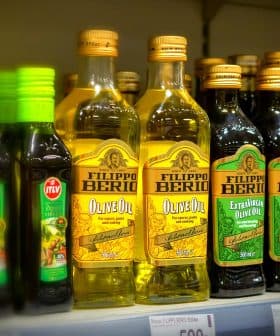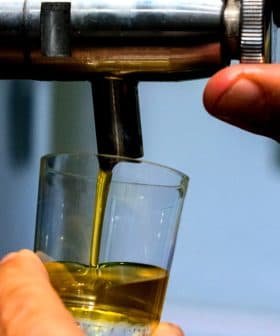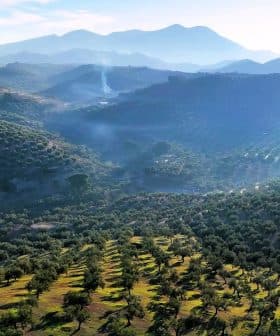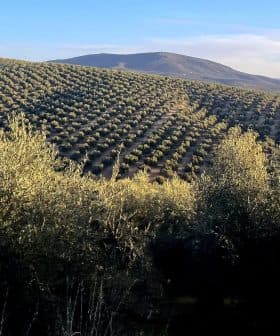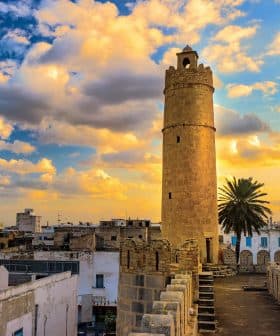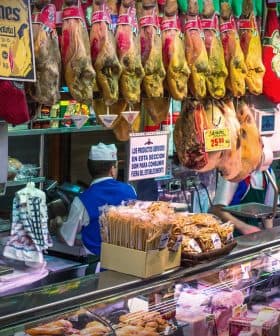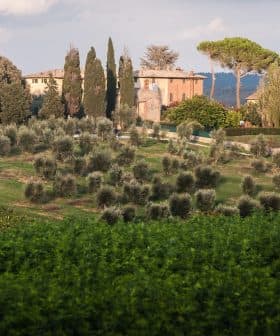 10.3K reads
10.3K readsNews Briefs
Albanian Producers Struggle with Low Prices
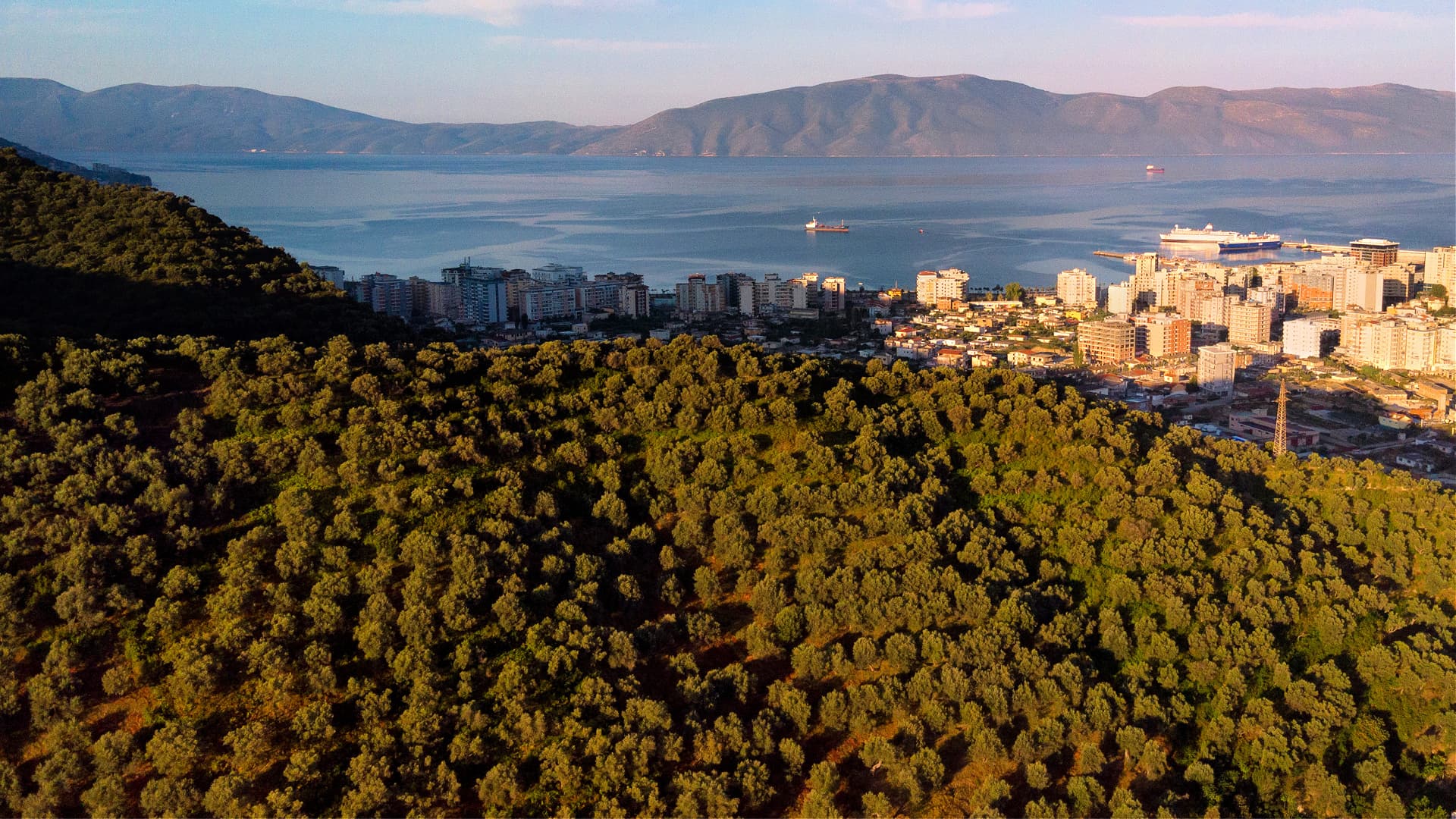
The olive harvest in Albania has reached record numbers, with an estimated 25,000 tons of olive oil produced in the current campaign due to good climate conditions and investments. However, local producers are facing uncertain export opportunities, low product prices, and a market destabilization due to the majority of olive oil being sold informally, leading to challenges in structured operations and higher consumer prices.
The current olive harvest in Albania has reached record numbers. Still, local producers must cope with uncertain export opportunities and low product prices.
The Ministry of Agriculture estimates the current campaign could end well above expectations, with around 25,000 tons of olive oil. Experts say the production growth results from good climate conditions and long-standing investments to expand production.
According to International Olive Council (IOC) data, Albania produced 11,000 tons in the 2021/22 crop year. If confirmed, the latest harvest’s results would be much higher than any previous campaign’s.
See Also:Olive Oil Business NewsStill, local producers warned that the record production might destabilize the market. Exports are negligible, and local demand will not be sufficient to absorb production. Storage facilities are also limited.
The IOC estimates that the country consumes approximately 13,000 tons of olive oil annually.
According to the Albanian Daily News, the vast majority of the olive oil produced in the country comes from small producers. Ninety-five percent of all olive oil in Albania is sold informally, with only 5 percent finding the way to a supermarket shelf.
Local observers see a connection between the low prices available to consumers and the farmers’ direct sales of olive oil. Such prices, they say, undermine the opportunity for more structured operations, as taxes and production costs, such as energy and packaging, weigh heavily on bottlers.
Once analyzed, bottled and distributed through food retailers, commercially sold olive oil costs much more than the average consumer pays on the informal market.
This creates a situation where success is highly dependent on stable supplies over time, certified olive oil grades and credible tracking of the product origin.
About 9 million olive trees in Albania are believed to extend over 50,000 hectares. According to the Food4Health observatory of the nearby Puglia in Italy, 80 percent of growers in Albania take care of an average of 200 to 250 olive trees in an area rarely exceeding 2 hectares.
The number of productive trees has doubled in the last 10 years, reaching 8.2 million. Still, the average olive yield per tree remains relatively low, between 12 and 15 kilograms per tree.
The market conditions and lack of a public registry for tracking national olive oil production are being addressed by the government.
While speaking at the public state news agency Albanian Telegraphic, officials from the Ministry of Agriculture confirmed that a new olive registry is in the works. Registration will start in Berat province, which grows more than 40 percent of the country’s olives.
State officials also confirmed new tax cuts for olive growers. It is expected that olive orchards and olive production will soon fall within the European Union-sponsored support program, Indigenous Peoples Alliance for Rights and Development.


